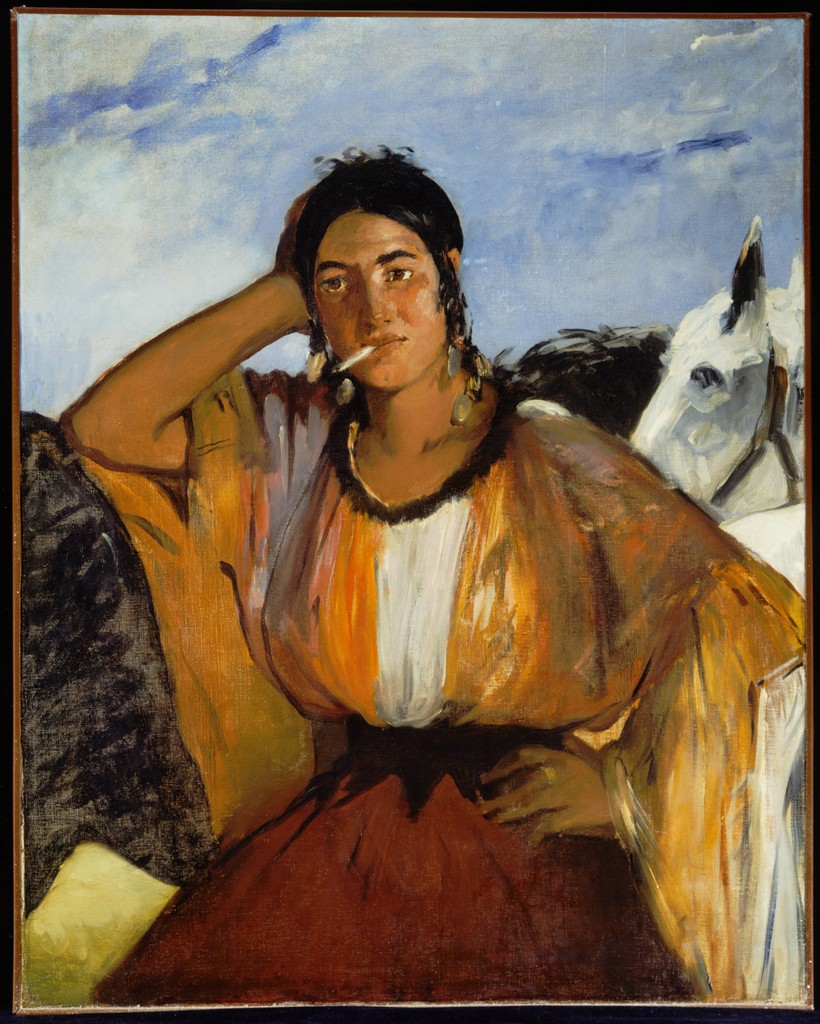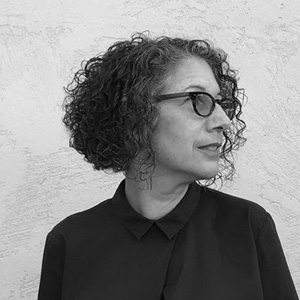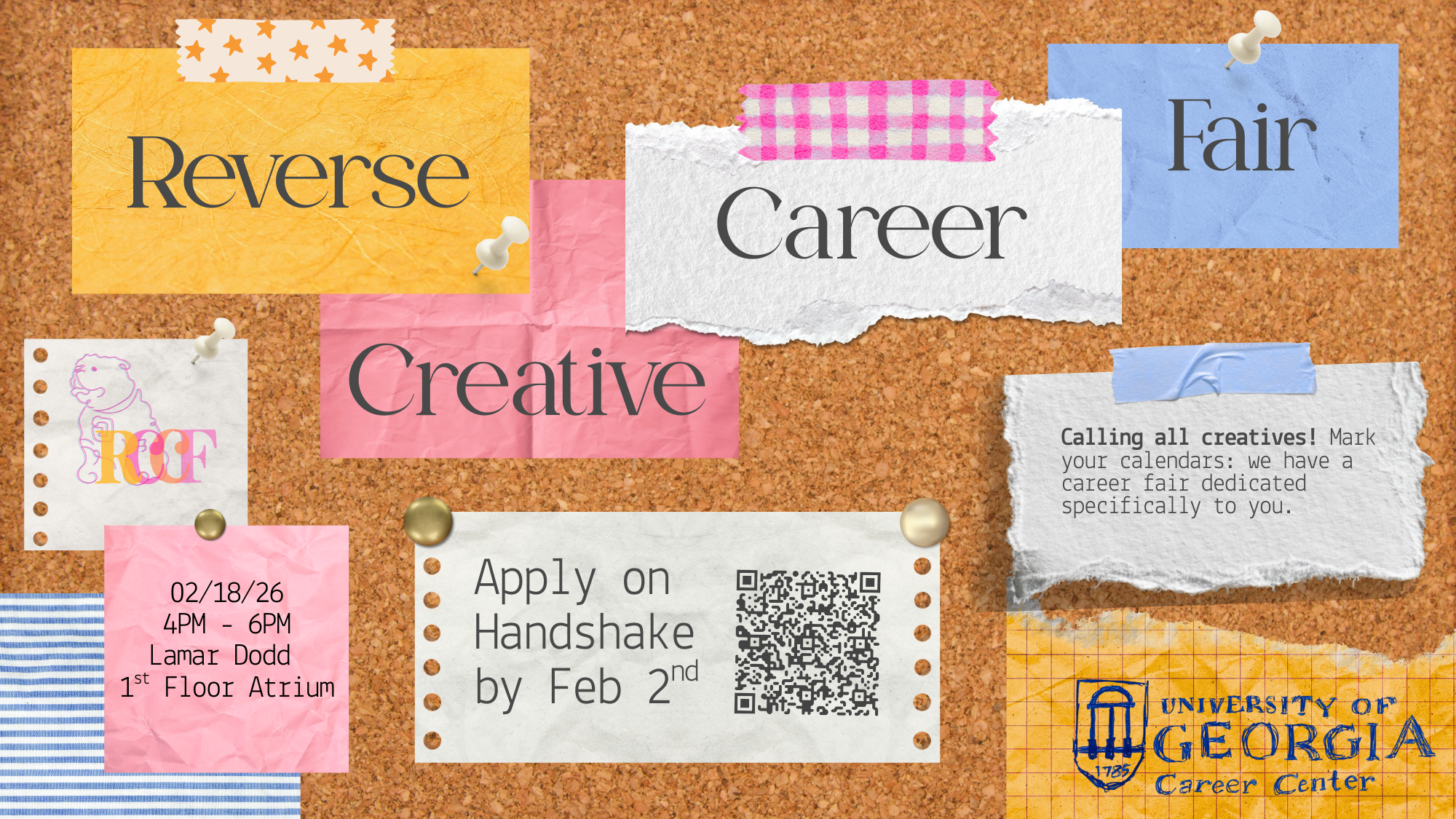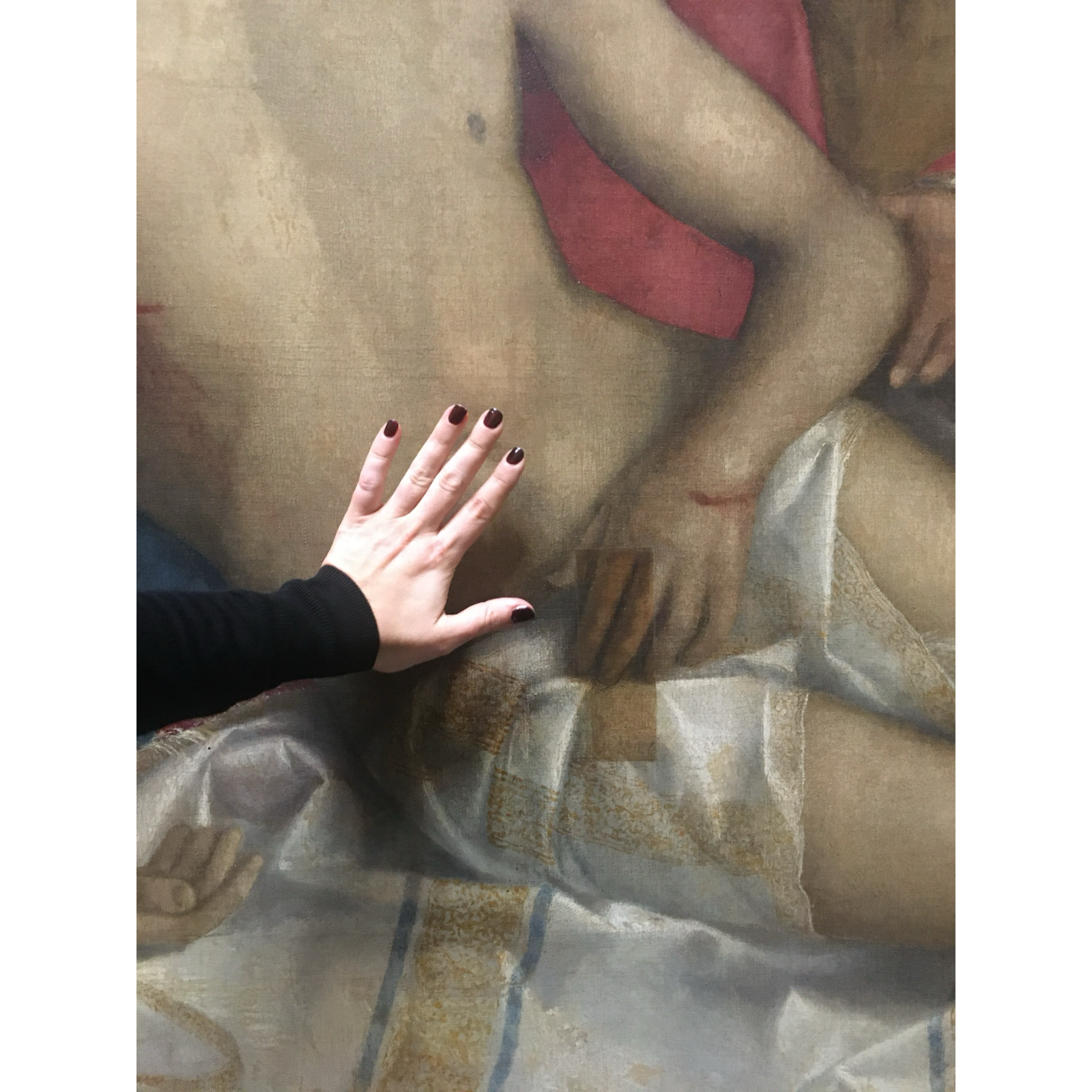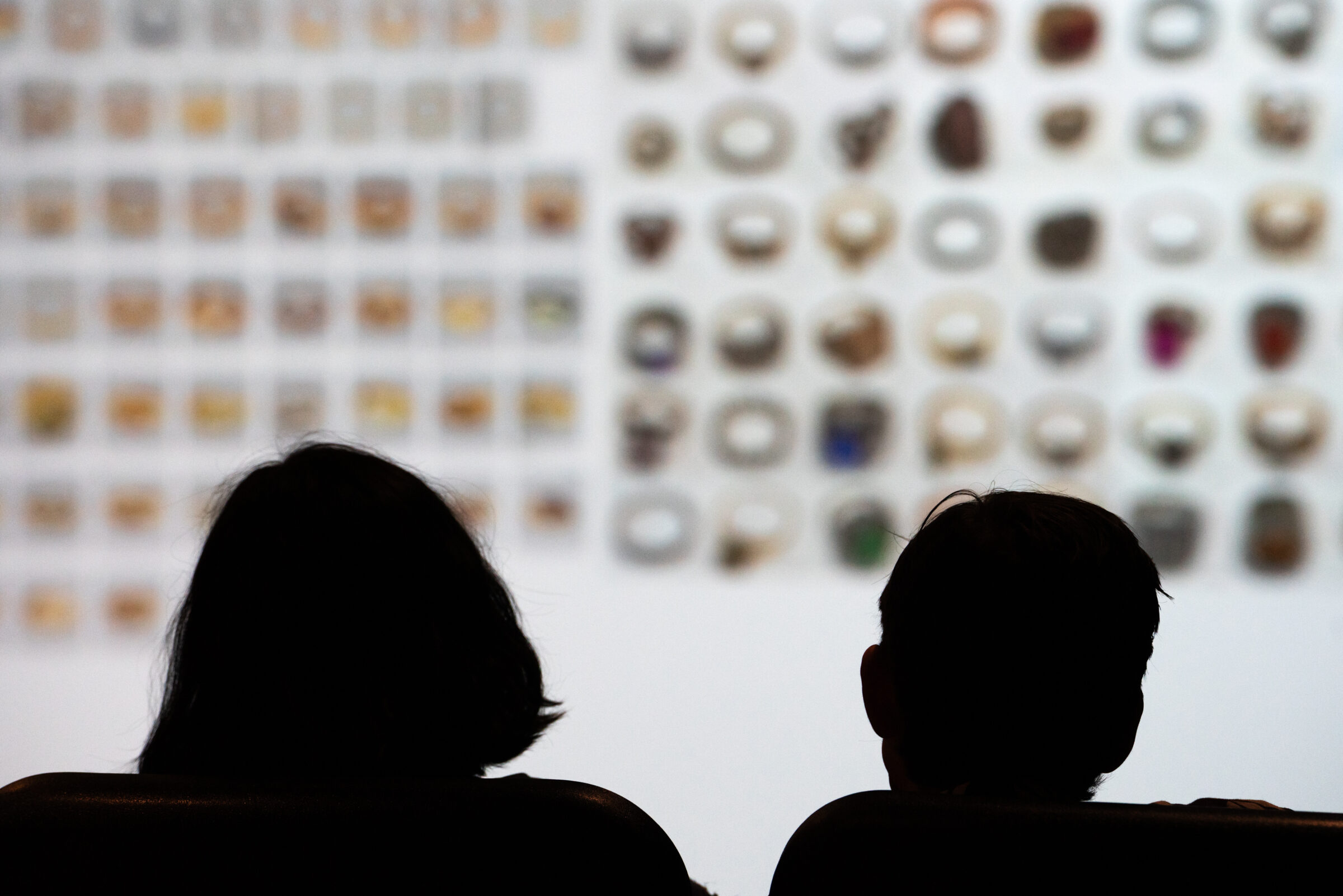Art History Faculty Lecture | Alisa Luxenberg
February 23rd, 2023 at 5:30 pm

Date & Time
February 23rd, 2023 at 5:30 pm
– February 23rd, 2023 at 7:00 pm
Location
Special Collections Library | 300 S Hull St
Type of Event
Faculty Research Lecture Series
Academic Area
Art History
Join Professor Emerita of Art History Alisa Luxenberg in a conversation about her research on Freemasonry in Georgia, which has culminated in an exhibition on display in the gallery of the Hargrett Rare Book and Manuscript Library at UGA titled Freemasonry in Georgia: Ideals, Imagery, and Impact, on view through July 2023. Read more about Luxenberg’s research in her project statement below and in the description for the accompanying exhibition.
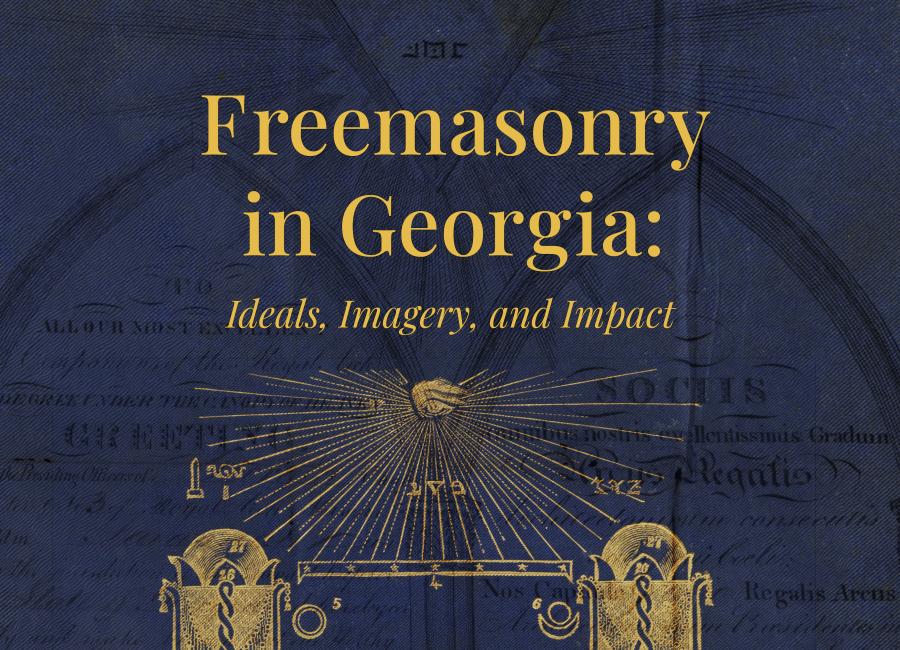
Freemasonry in Georgia: Ideals, Imagery, and Impact exhibition banner. Courtesy of the UGA Hargrett Rare Book and Manuscript Library.
Research Project Statement
This project aims to represent and interpret the historical presence, activities, and significance of Freemasonry and fraternal societies in the colony and state of Georgia, with a certain focus on Athens and the University of Georgia. While historians may acknowledge that one of the founders and the first governor of the British colony of Georgia, General James Edward Oglethorpe, was a Freemason, few scholars have evaluated the wider impact of Freemasonry or even the lodge he helped establish, Solomon’s Lodge No. 1 of Savannah, one of the first chartered lodges in the North American colonies. In fact, speculative or modern Freemasonry was then a relatively new social organization, instituted in England by the early 1720s, that sought to form a universal brotherhood of virtuous men, regardless of social class, profession, or religion. Meeting in local lodges to socialize and to improve themselves and their communities through enlightened study and conduct, fraternal assistance, and charitable activity, Freemasons practiced radical principles of self-government, equality, and tolerance that have been regarded as rehearsals for American democracy and French republicanism. Often operating in secret to avoid persecution, Freemasonry and other fraternal societies communicated through symbols, signs, and emblems that were drawn from a wide range of historical traditions and cultural sources. Sensitive to the multiple and shifting meanings of visual forms, art historical inquiry can contribute particular methods and expertise to identifying and interpreting masonic or fraternal references, but my research will necessarily be interdisciplinary, intersecting with such fields as history, religion, political science, and sociology, and issues of gender and race.
Exhibition Description
Freemasonry was a new social organization when it emerged around 1720 in England with the founding of its authoritative body, Grand Lodge. Initially it was a secret society for men of varied backgrounds who met in lodges to improve themselves through enlightened practices of fraternity, liberty, tolerance, and benevolence. Rich in humanist learning and visual traditions, the fraternity evolved and spread across the globe thanks to British imperialism and new orders and rites that included women and people of color. Nowhere did it enjoy more respectability than in the United States. Never entirely secret, freemasonry contributed in visible ways to American culture and values, and its particular terminology entered everyday speech.
This exhibition explores the ideals, imagery, and impact of freemasonry in Georgia. The physical materials displayed demonstrate the ambitions and tensions that existed within freemasonry. Organized in three sections that parallel the masonic symbol of the three columns of Strength, Wisdom, and Beauty, these materials are interpreted in their masonic significance as well as from a modern, critical perspective.
Speaker Bio
Dr. Alisa Luxenberg, Professor Emerita of Art History, retired from UGA in July 2022. Her most recent research projects include an exhibition and catalogue of masonic materials from the Special Collections Libraries at UGA, on view from January to July 2023, and an essay for the exhibition catalogue Imaged and Imagined: Representations of Spain in Prints (National Museum of Western Art, Tokyo), forthcoming in Japanese and English editions.

